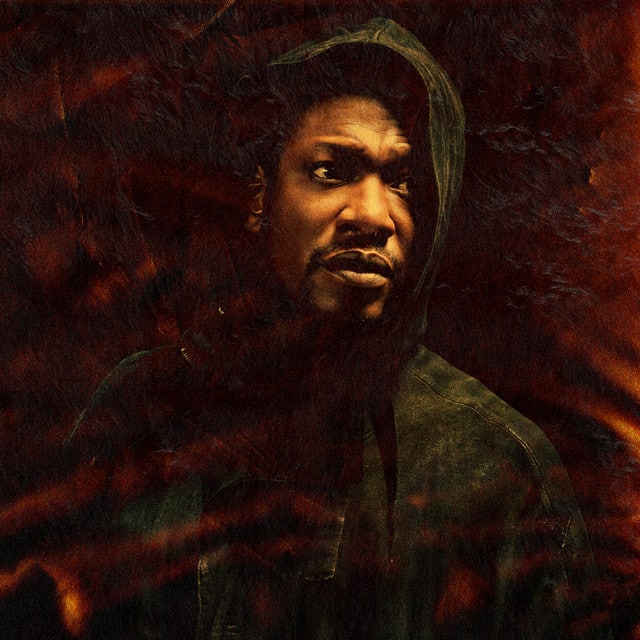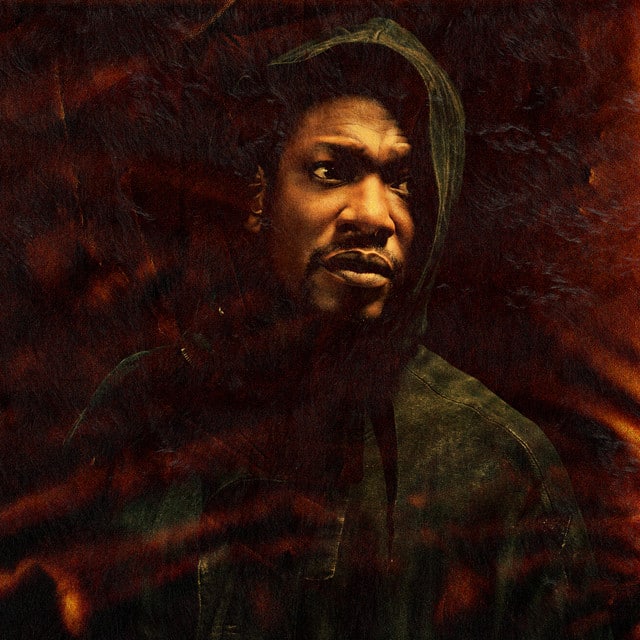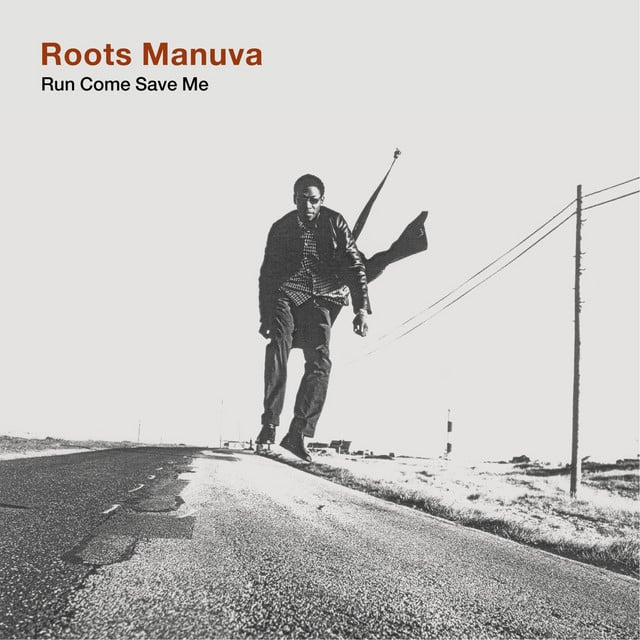Released: 2015
“Don’t Breathe Out” by Roots Manuva serves as a profound spiritual journey, where the rapper maps out his struggles and triumphs with an introspective lens. His lyrics teeter on the edge of existentialism as they explore concepts of self-identity, purpose, and divine intervention through a lens that’s distinctly rooted in the realities of urban life, all while being tightly wrapped in a metaphysical bow.
We kick things off with Root Manuva, or the R-O-D, delving into a self-discovery journey, suggesting he’s on the path of enlightenment, guided by a higher force, the “lord” who governs him. When he talks about “the pulpit to duck po po”, he’s referring to finding sanctuary from the police (po po) and the struggles of urban life. The phrase “the poor do funky soul clap” alludes to the resilience of the economically deprived, who despite their distress, find joy through music and dance.
The chorus “Don’t breathe out, I know you will” carries a multifaceted meaning. The act of “not breathing out” signifies resilience, a need to persist through difficulties, while at the same time, it’s an expression of suspense, of pausing at the precipice of change, perhaps even spiritual enlightenment. “I know you will” suggests a nod towards inevitable human frailty.
As we venture further, Roots Manuva showcases the gritty exigencies of urban life in a poignant manner. He mentions about people “dropping it out”, indicating abandoning the hardships or possibly their dreams due to the uphill battle they find themselves in. It’s true, life gets tough, but Manuva asserts his resilience. He’d be “thinking of a master plan”, demonstrating his determination to rise above the struggles.
The lines “All forgiven and I thank you Lord / Never too late to thank you Lord” echo a tone of spiritual gratitude and humility, suggesting Manuva’s faith is an anchoring force amidst his struggles. This faith is further reiterated when he mentions “First in line for the cause and call / Bound to make one walk one tour / Lose to win and take the fall”. We can infer Manuva’s acceptance of his trials and tribulations as part of a divine plan.
In the end, the track cements its spiritual undertones with the lines “Known to be about what pureness does / We’re the fallen”. These lines underscore Manuva’s pursuit towards purity and enlightenment. Despite acknowledging that they are “the fallen”, there remains a sense of resilience, of determination to rise above. The recurring chorus “Don’t breathe out” ties in neatly, reminding us to hold on, and to keep pushing forward irrespective of the odds.
All in all, Roots Manuva’s “Don’t Breathe Out” is a deeply philosophical tune, where the existential wrestles with the spiritual. It’s a powerful representation of the struggle towards enlightenment amidst the stark reality of urban life.






